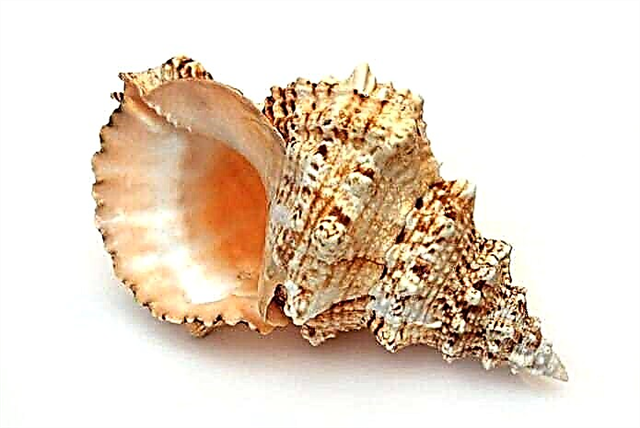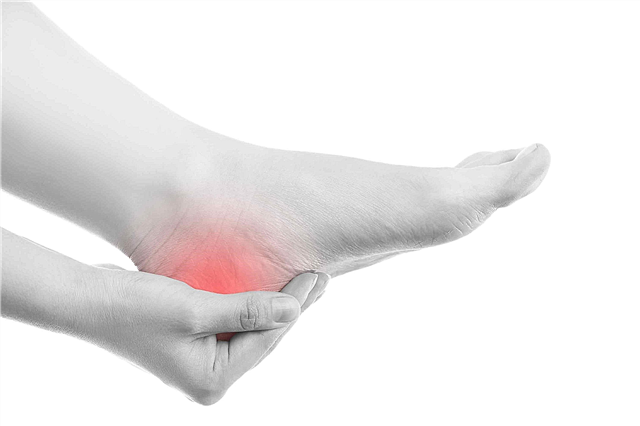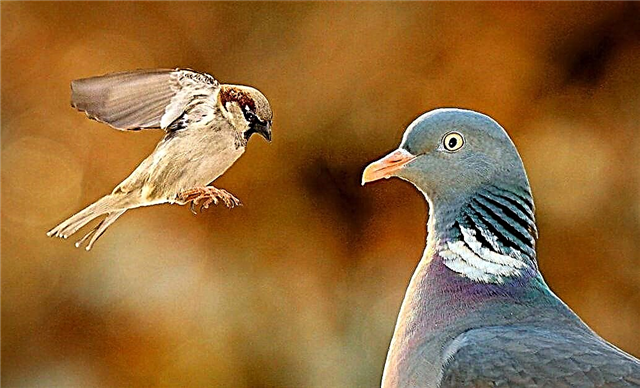
The summer period is the time when people try to soak up the sun, get a beautiful tan, and swim enough in the ponds. Why does skin scratch after tanning, how to avoid trouble and what to do if it has already happened. You will receive answers to these questions from the proposed article.
Skin exposure to sunlight
Our planet receives ultraviolet radiation from the Sun. It generously shares its rays, heating the soil, water, living organisms. In humans, UV rays cause biochemical reactions that produce melanin. This is a hormone of skin discoloration, it is synthesized by cells by melanocytes, which are activated by ultraviolet radiation.

If a person spends a vacation in the south, then he receives an excess of ultraviolet radiation, skin pigmentation is fast. She blushes, then darkens before her eyes. Sunbathing in the first hours does not feel discomfort from the changes taking place in the epidermis, but by evening it will fully know what a sunburn is.
Sunburn - Sun injury
Being in the sun for a long time does not pass without a trace even for swarthy southerners. They have a natural defense against the negative effects of UV at the level of immunity. The skin of northerners, not accustomed to an excess of sun, receives solar trauma already in the first hours of being on the beach. This applies to everyone who has delicate fair skin, as its sensitivity is increased.
Why does itch skin?
Sunburn is characterized by the fact that blisters appear on the skin, it begins to crack, burned areas of the body bake and hurt. Seeing and experiencing these sensations, it becomes clear to everyone why the skin itches after tanning. This is due to exfoliation of burnt and dead particles of the epidermis. With a severe burn, the superficial skin layer disappears in layers. Separation occurs with severe itching, and itching is painful and dangerous. Because the exposed layer of the epidermis is injured, which is fraught with infection.
How is the update process going?
Releasing from the damaged layer, the skin restores the surface epidermis. So laid down by nature, humans and other living creatures have an internal tissue regeneration program. While the renewal process is ongoing, the skin continues to itch, it remains pink and susceptible to various negative external factors. Therefore, you need to protect the skin from mechanical damage, repeated burns.
Interesting fact: UV radiation can burn the skin, it also activates the production of vitamin D, which plays an important role in tissue regeneration. Dosed UV rays are used in cosmetology for rejuvenation and medicine for the treatment of dermatological diseases, for example, psoriasis.
It is necessary to stay in the bright sun for a minimum time, to sunbathe only in those hours when UV radiation is weak. That is, in the mornings until 10.00 and in the evenings after 17.00.
Other reasons
It happens that the skin itches not from sunburn, but because of allergic reactions, for example, to contaminated water, the touch of jellyfish, algae. You need to deal with this with the help of medications.
What to do so that the skin after tanning does not itch?
To eliminate the risk of itching and burns, you need to prepare for tanning and use special cream.
To relieve post-tanning itching, you can use folk and cosmetic products that alleviate the symptoms of burns and accelerate skin renewal. They recommend using special creams, smeared with sour cream, doctors advise an enhanced drinking regime and a diet rich in trace elements and vitamins that positively affect tissue regeneration.
The skin itches from sunburn when damaged by ultraviolet surface layer. Avoid sunburn, which results in peeling of the skin. To prevent this from happening, you should sunbathe in the mornings and evenings. If the skin itches, it is recommended to remove the symptoms of antipruritic ointments and folk remedies. It is necessary to help the body restore the surface epidermis with a full-fledged diet, enhanced by drinking.
With a clear understanding of why the skin itches after tanning, the negative effects of UV rays can be avoided. It is not necessary to be afraid of an itch - it is a natural sensation.












